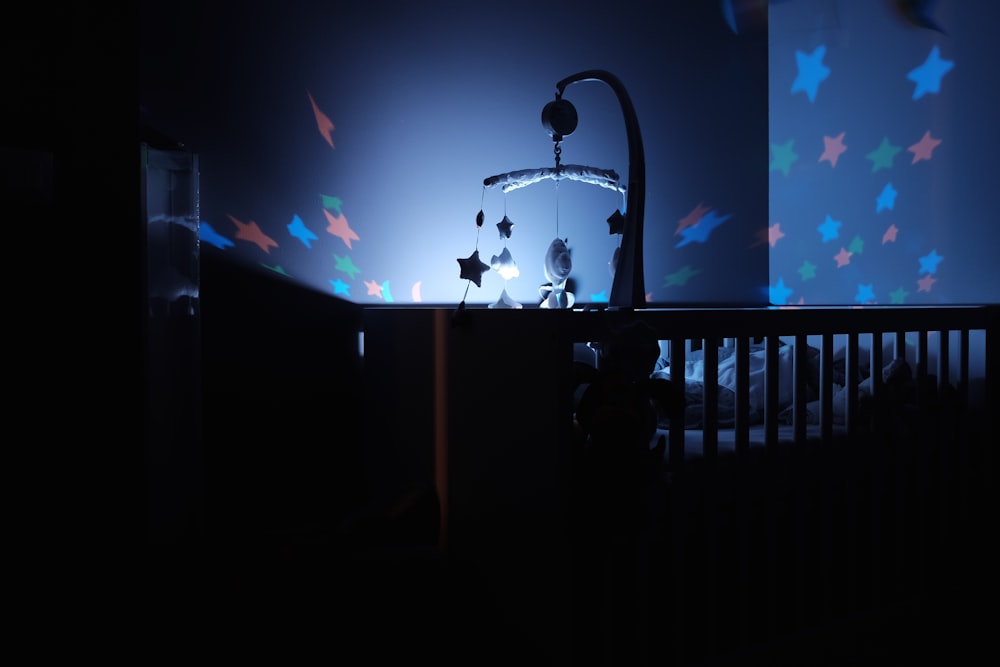The first thing to know about sleep regression is that it’s inevitable.
It’s not yours or your baby’s environment’s fault that they can’t seem to sleep through the night anymore despite having had a perfect sleep schedule before this. Even the best sleepers experience sleep regression for 2 up to 6 weeks. This generally tends to happen at 4 months, but it can happen any time between 4 and 18 months.
So why is it happening?
Our babies begin to sleep more lightly and struggle to stay down through the night because they are changing sleep cycles. What was their ‘good’ sleeping phase before this was a new-born’s sleeping cycle. But now, they are undergoing a change in how they sleep – they’re maturing into an adult sleep cycle, the one that we all experience. Because this doesn’t happen overnight, it will disrupt their sleeping patterns for several weeks, meaning several weeks of disturbed sleep.
What’s also happening at this time is that baby is learning a lot about the world around them – they’re more easily distracted and stimulated and therefore more active, meaning they’ll need time to adjust. This lighter, non-REM sleep stage can seem like a nightmare for parents as they sleep train baby through it, but sticking with it will give them a healthier sleep pattern into childhood and allow them to self-soothe themselves to sleep.
One things experts do agree on is that, in order to slightly ease the sleep regression phase – not prevent it - before you hit the four month mark, begin to reduce your bedtime routine for baby. For most of us, it includes lots of rocking, lots of shushing, lots of soothing. If you can cut down on those soothing techniques and sleep aids and start trying to put baby to bed drowsy – but not asleep – it can help them start to learn to fall asleep alone before sleep regression begins.
In the meantime, here are some tips for surviving sleep regression and making it through to the other side – good luck!
Feed as needed

The four month sleep regression is a sign that baby is moving into another stage of life – they’re likely experiencing a growth spurt, their development is hitting a high, they’re learning a lot about the world around them – and because of all this brain and physical activity, their appetite may increase. Keep an eye out for signs that they may need extra feeding and try to put them to bed after a large feed.
Minimise distractions
Again, this is a time when baby is attracted to stimulants and is interested in the world around them. Having mobiles, night lights and musical boxes don’t soothe at this stage – they distract. Baby will remain awake in a room full of shiny items made specifically to catch their eye. Remove these distractions for the moment and try to make the room as calming as calming and quiet as possible, as in this light-sleep phase they’re more likely to wake up with noise disturbances.
Black out the nursery
Light disturbances are similarly distracting at this age. Invest in blackout curtains or blinds to be sure that there is no light getting in and causing baby to wake up too early. They respond to light as a signal that it’s time to wake up and aren’t afraid of the dark so don’t worry about leaving them in a dark room.










